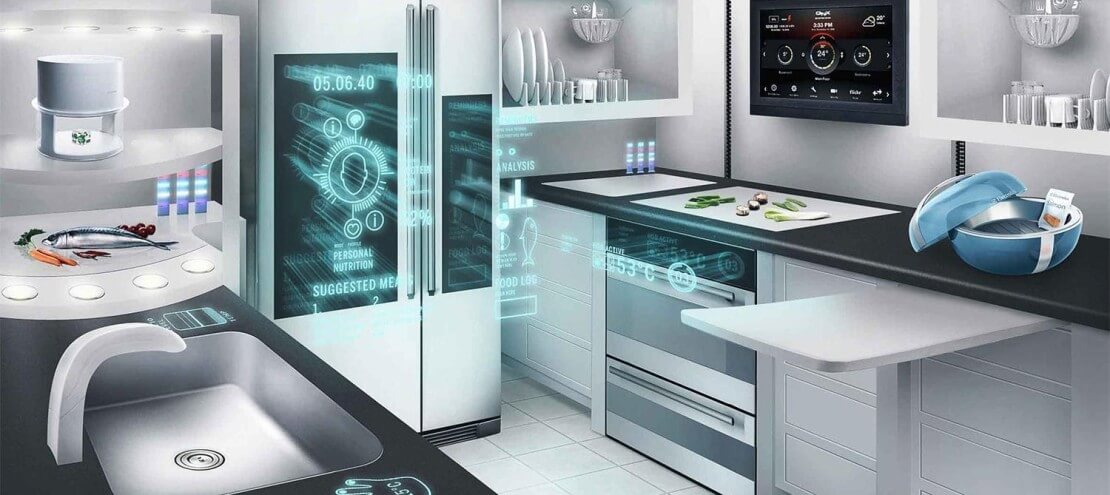
The results are in – the smart home is still confusing.
Antenna Group surveyed 104 utility industry executives at DistribuTECH about some of the biggest trends in the utility industry. A whopping 48 percent of them agreed that the smart home will revolutionize the utility industry.
That’s one of the few times I’ve seen utilities willingly join any revolutionary activity. The industry has a long history of structural inertia and glacial change, and I found it heartening to see a pointed embrace of modernization via technology.
From a business perspective, it makes perfect sense. Connected homes give utilities access to our energy-guzzling devices and air conditioning systems. Demand response programs connected to the smart home can remotely control our gadgets, helping to level out draw on the grid during times of peak demand—like sizzling afternoons where AC use hits overdrive. Utilities have a whole lot to gain from the smart home.
The next question is whether the rest of us see the benefits of shelling out for a smart home. I’m a proud early adopter, but I’ve also made clear my lack of interest in spending more than three seconds operating anything in my house. Consumer research shows that I’m not alone—a recent survey from Support.com found that 67 percent of potential smart-home device purchasers cite the cost to buy, set-up and maintain a smart-home system is the top obstacle to investing, while 43 percent are concerned with the complexity of installing and configuring the systems.
I’m busy, there are a million devices clamoring for my time and attention, and they all seem decently similar. How to convince consumers like me that it’s worth the hassle? At today’s CONNECTIONS Conference by Parks Associate, an executive with WeatherBug asserted that people are motivated to buy via the same emotions as in anything we choose to do—primarily greed and fear. While I’d like to think that building a smart home isn’t a terror-related experience, the idea that we’re missing out on a far superior experience is a compelling motivator—and one that’s often missing today.
With that in mind, it’s clear that communicating smart-home benefits to consumers is critical to driving adoption. Our survey found that more than 65 percent of utility industry executives felt that their organization communicated well with customers. That flies in the face of everything I’ve ever heard from utility-facing media, analysts and clients, who overwhelming agree that utilities were built to reliably deliver power, not to clearly communicate.
Utilities need a better story. We’re proud to work with companies in the thick of bridging the smart-home perception gap, with technology ranging from smart grid software to consumer-centric communications tools—like writing a personalized email in clear, compelling English. More consumers installing the smart home will help the grid get smarter and realize the energy revolution executives envision.
It’s a thrilling overlap between smart-life technology and energy—two Antenna Group practice areas—with huge implications for the grid of the future and the battle against climate change. There’s an enormous opportunity for utilities to communicate not only all the cool benefits of the smart home, but also to invite consumers to play an active role in bringing this epic saga to fruition.
Now that’s an exciting story.
By Matt Stewart, VP